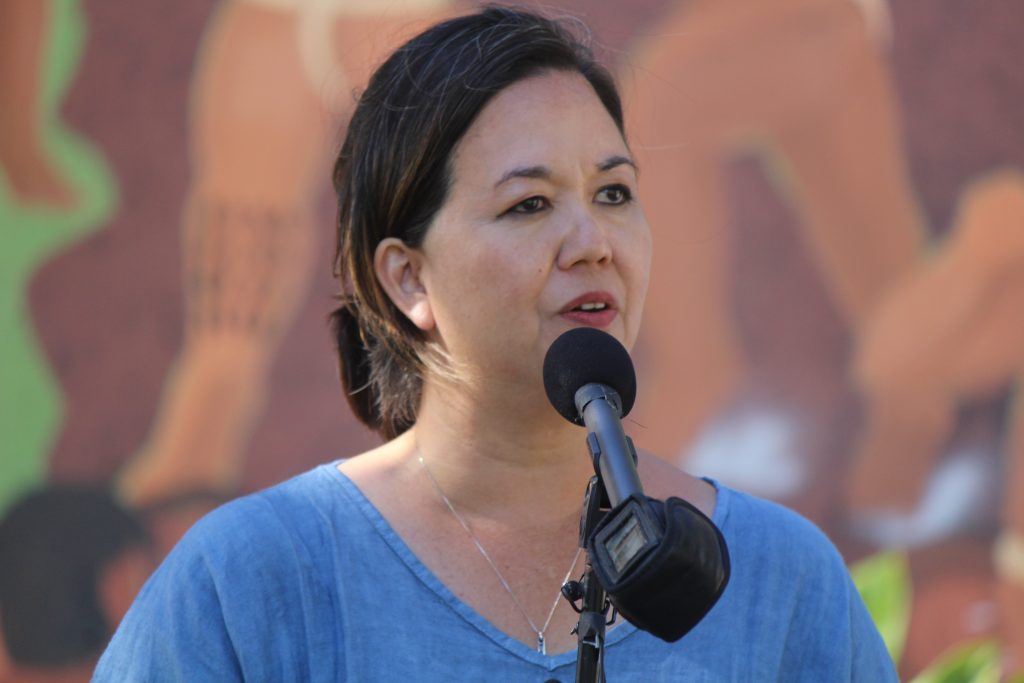Rep. Tokuda joins in introducing the Addressing Addiction After Disasters Act

Rep. Jill Tokuda (HI-02) joined fellow Rep. Becca Balint (VT-AL) in introducing the Addressing Addiction After Disasters Act. Following a summer of climate emergencies across the country, including in Hawaiʻi and Vermont, Americans are suffering the cost, the Representatives said.
While the physical damage is clear, disaster-stricken communities need resources to cope with the mental and emotional damage they endure, according to the lawmakers.
Current Federal Emergency Management Agency grants are authorized to provide professional counseling services to victims of major disasters through the Crisis Counseling Assistance and Training Program. The Addressing Addiction After Disasters Act strengthens the CCATP by allowing FEMA to provide services for substance use disorder and alcohol use disorder.
“From Hawaiʻi to Vermont, our nation has been hit hard by natural disasters. For those struggling with substance abuse and mental health problems, these are even darker times. This critical legislation will expand the Crisis Counseling Assistance and Training Program to ensure we can respond quickly when people need us most,” said Rep. Tokuda.
She said that through the legislation, she hopes to destigmatize substance and alcohol abuse disorders and help survivors of natural disasters gain access to the full range of health services and support they need.
“States like Vermont and Hawaiʻi are on the frontlines of the climate crisis. In the aftermath of disasters when stress and emotions run high, it’s important we show up to support our communities with the resources they need,” said Rep. Balint. “Together, Rep. Tokuda and I are in the fight to end the stigma around substance and alcohol abuse disorders. I’m proud to introduce legislation that can get our communities the direct assistance they need during challenging times.”
Studies show that:
- Following Hurricane Katrina, alcohol consumption increased by about 185% from before the storm and the annual hospitalization rate for substance use disorders increased by approximately 30%.
- Following Hurricane Sandy in 2012, 60% of individuals with substance use disorders experienced withdrawal and 70% of those on opioid maintenance therapy could not obtain sufficient doses.
The CCATP seeks to help people recover and rebuild their lives after a disaster. The CCATP works through immediate interventions such as:
- Assisting disaster survivors with navigating their current situation and reactions
- Reducing stress and providing emotional support
- Reviewing survivors’ disaster recovery options
- Disseminating the use or development of coping strategies
- Connecting survivors with other people and agencies who can help them in their recovery process
The Addressing Addiction After Disasters Act is endorsed by the National Association of State Alcohol and Drug Abuse Directors and the Kennedy Forum.






_1768613517521.webp)






